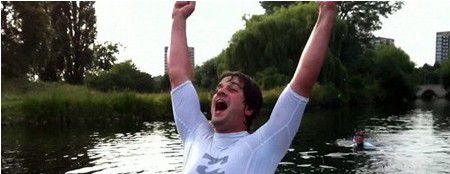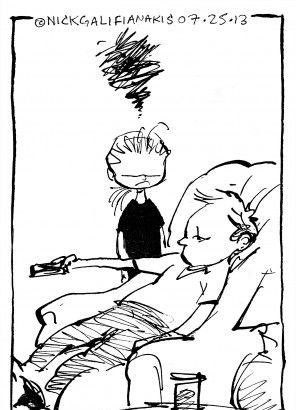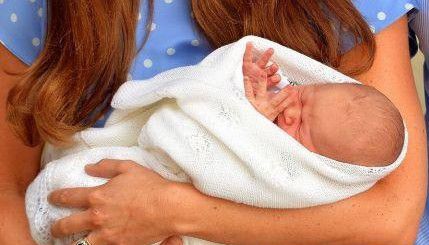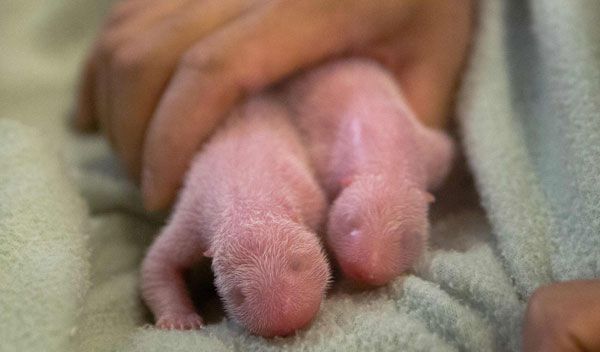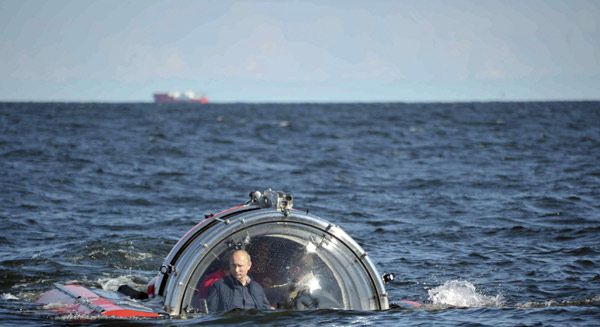January 11
 Dr Walter Perry and Richmond Postgate, Controller of Educational Broadcasting1973: First Open University degrees awarded Dr Walter Perry and Richmond Postgate, Controller of Educational Broadcasting1973: First Open University degrees awardedEngland have The first graduates from the Open University (OU) have been awarded their degrees after two years studying from home. Out of the 1,000 students who sat the final exams, 867 were successful. The Open University enrolled its first students in 1971 and has since grown to become the biggest university in the country with more than 40,000 students on its books. The idea of learning from home was designed to appeal to mature students, but from next year the OU will be opening its doors to 18-year-olds as well. OU Vice Chancellor, Dr Walter Perry, is delighted with the progress of his students - and insists the degrees which have been awarded are on a par with the best universities in the country. He said: "I always said the one thing we must never do is have a different standard from the standard thatpertainsthroughout Britain. "To give a student a second-rate degree would be dreadful. It's doing damage not doing good." For many people, the OU is offering them a second chance to study. Dr Perry said: "The qualities of our students are often very different, in the first place they are adult, experienced in life and jobs, not just straight out of school. They have achieved their degree by the most difficult method of getting a degree yet devised by the wit of man. "Therefore they have qualities of determination and staying power that are quite unusual and I think will come to be recognised by industry as very important qualities for employers." 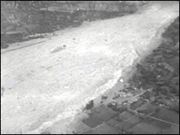 Tons of rocks and ice tumbled into the River Santa and wreaked destruction Tons of rocks and ice tumbled into the River Santa and wreaked destruction1962: Thousands killed in Peru landslide Artificially 1969:The At least 2,000 people have been killed after a massive avalanche of rocks and ice buried an entire mountain village and several settlements in north-west Peru. Last night millions of tons of snow, rocks, mud and debris tumbled down the extinct volcano of Huascaran, Peru's highest mountain in the Andes range. The village of Ranrahirca and its inhabitants was totally destroyed along with eight other towns. The mayor Alfonso Caballero said only about 50 of its 500 inhabitants survived. "In eight minutes Ranrahirca was wiped off the map," he said. Relief efforts are being hampered by the very storms that started the devastating landslide, but there are believed to be few survivors. Colonel Umberto Ampuera, head of emergency services, said the disaster was "like a scene from Dante's Inferno". He appealed to the Peruvian Government for aid to restore stricken communications and reach anyone who escaped the landslide. Two Peruvian Air Force planes have carried relief supplies to the area and troops have been sent there to open up roads to Ranrahica and other areas cut off by the avalanche. A massive wall of ice and rocks, about 12 metres (40ft) high and 1km (1,000 yards) high, roared down the River Santa. The river rose by eight metres (26ft) carrying with it everything in its path down the Rio Santa valley. Bodies have been found at the port of Chimbote, 60 miles from the scene of the tragedy, where the river meets the sea. The President of the Peruvian Red Cross, Roberto Thorndike, estimated between 2,000 and 2,500 people were killed. But local authorities believe the death toll is higher - between 3,000 and 4,000 people. The region is prone to major avalanches at this time of year when glaciers melt and break off sliding through the "quebracas" (deep canyons) in the valley below. U Thant, the acting United Nations Secretary General, has offered Peru aid to alleviate the situation. In a telegram to President Manuel Prado he said representatives of the UN technical assistance board and the UN children's fund would be ready to give any help required of them. Vocabulary:pertain: have to do with or be relevant to(适合;属于) |


